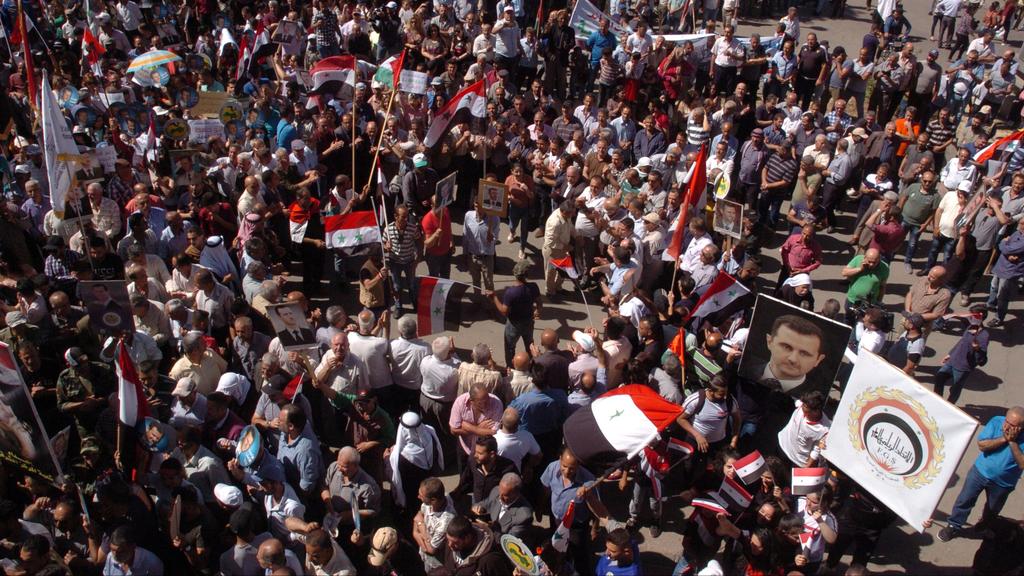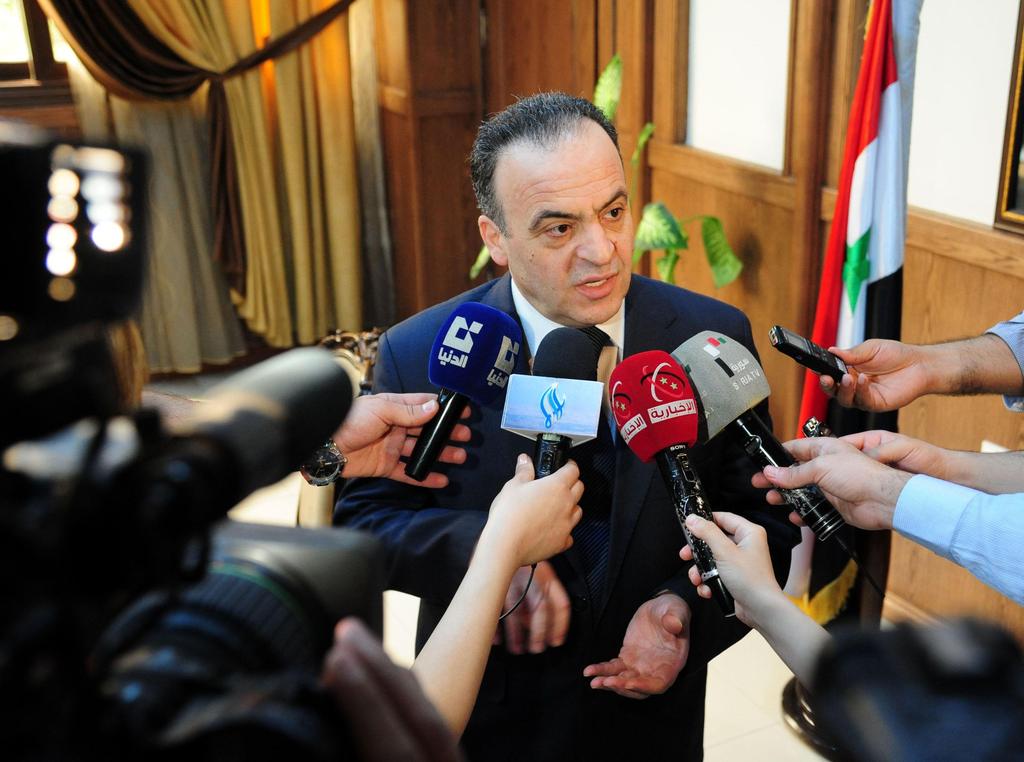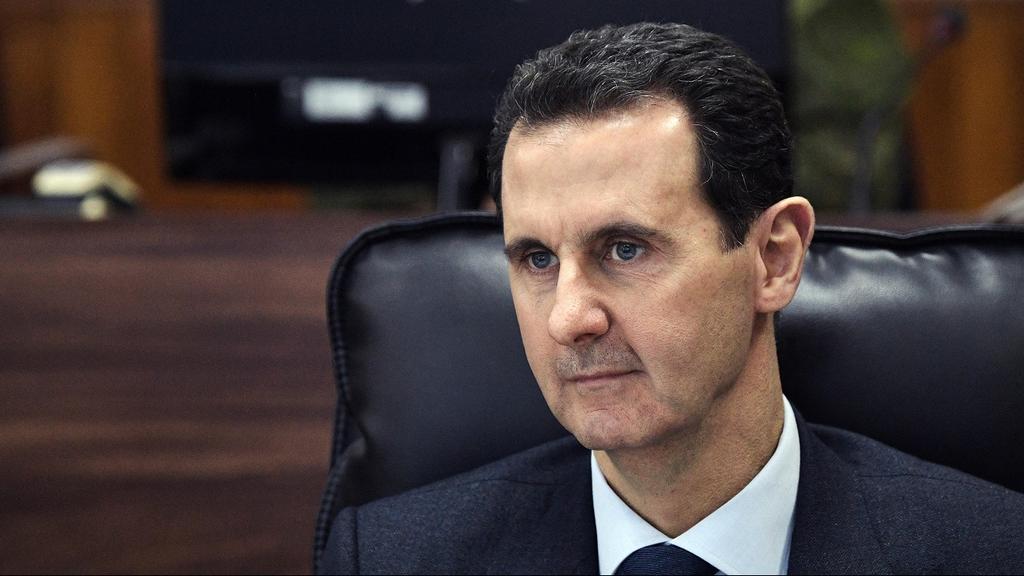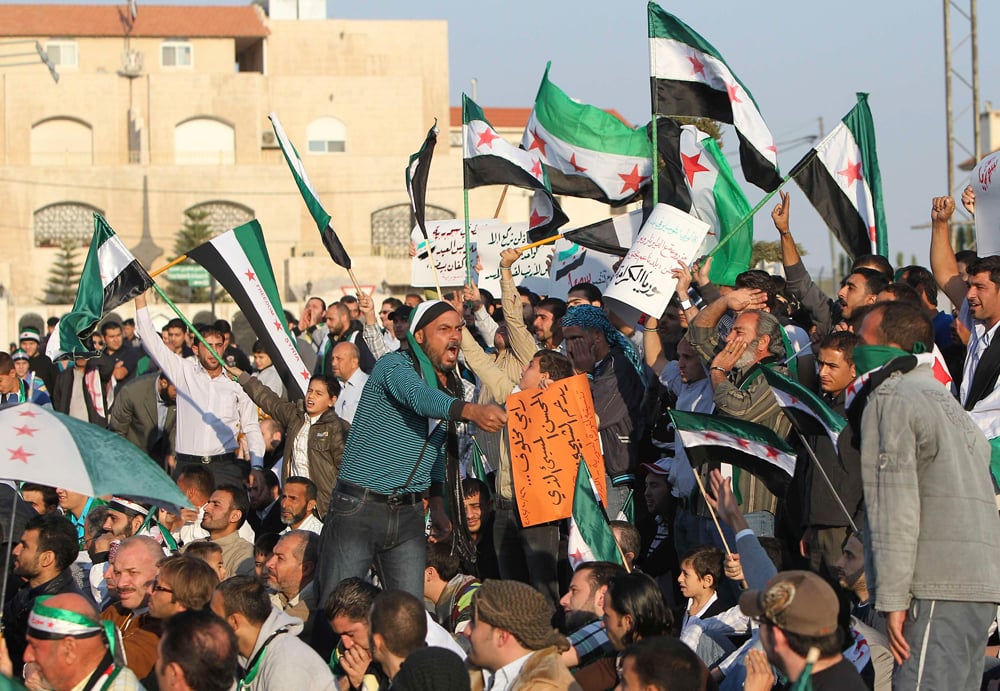Syrian President Bashar al-Assad on Thursday fired his prime minister, Imad Khamis, a month ahead of elections, and amid an economic crisis that caused public anger to rise in the territory under his control.
Assad also appointed the current water resources minister, Hussein Arnous, to replace Khamis, who had been the prime minster since 2016.
The Syrian president asked Arnous to replace Khamis as interim prime minister until parliament elections are held in July and a new government comes in.
The surprise decision comes amid a deepening economic crisis, that caused public anger to spill over to the streets in scenes not seen in government-held areas since the early days of the civil war that has ravaged the country over the past decade.
The national currency, the Syrian pound, has tumbled in recent weeks, reaching a record low to the dollar. The pound, which traded at 47 pounds to the dollar before the 2011 uprising, plunged to over 3,000 for a dollar this week.
Prices of basic goods have skyrocketed while some staples have disappeared from the market as merchants and the public struggled to keep up with the rising cost of living.
The economic meltdown comes ahead of looming new U.S. sanctions against any entity or country that does business with the Syrian government. The new sanctions are due to take effect in the second half of June but have shaken the already teetering economy.
Known as the U.S. Caesar Syria Civilian Protection Act, the sanctions are expected to worsen the already dire economic situation in Syria, where more than 80% of the people live below the bread line.
4 View gallery


Supporters of Syria's President Bashar al-Assad carry his pictures and flags during a demonstration in the mainly Druze city of Sweida, Syria
(Photo: Reuters)
These latest hardships have sparked the protests in areas controlled by the Assad government.
Hundreds of protesters in the southern Sweida province have taken to the streets in the last four days, decrying the rising cost of living and chanting against Assad, not unlike the early days of the anti-government protests that erupted in 2011.
The peaceful 2011 protests were met with a brutal government crackdown and turned into a civil war that has devastated the country. More than 400,000 people have been killed, millions displaced and large parts of the country remain outside of government control.
The parliamentary elections are scheduled for next month. Originally due in April, the elections were delayed twice because of restrictions imposed to combat the spread of the novel coronavirus.
But testing is lacking and authorities have reported only 152 cases and six deaths in government-controlled parts of the country.
First published: 17:57, 06.11.20




